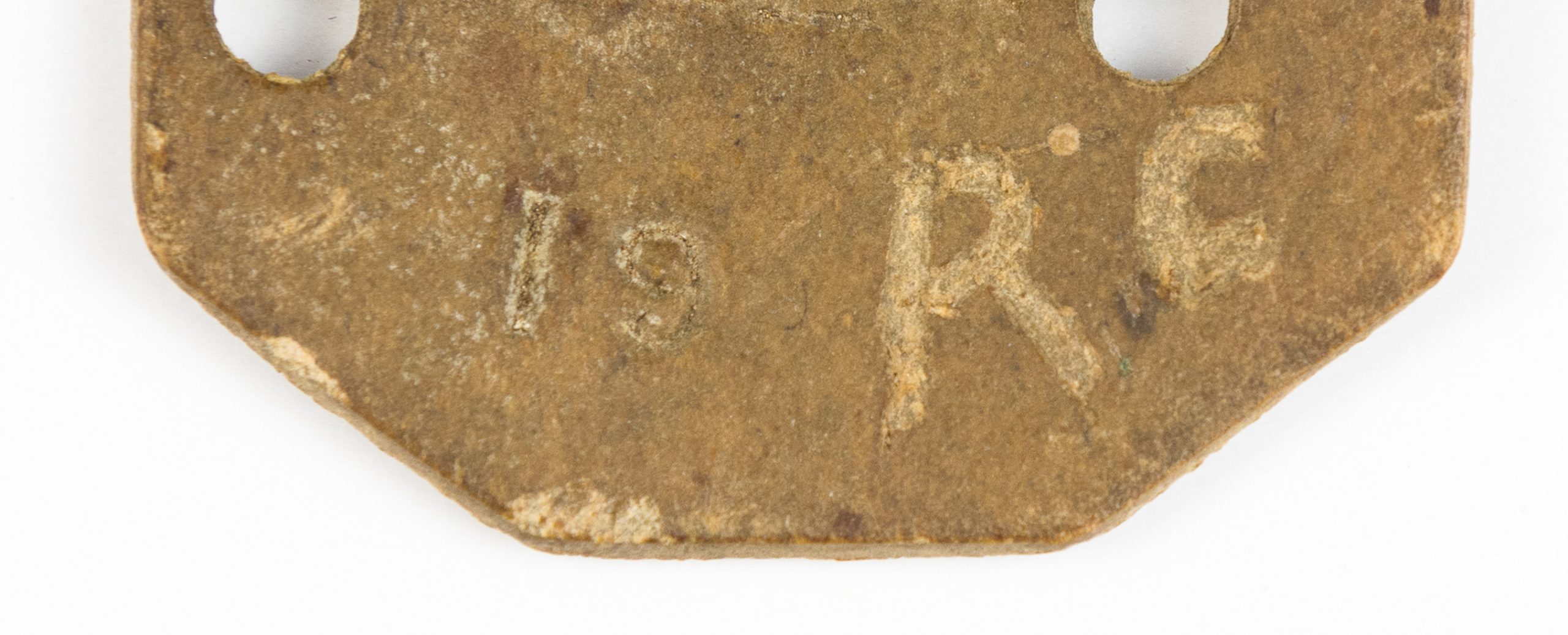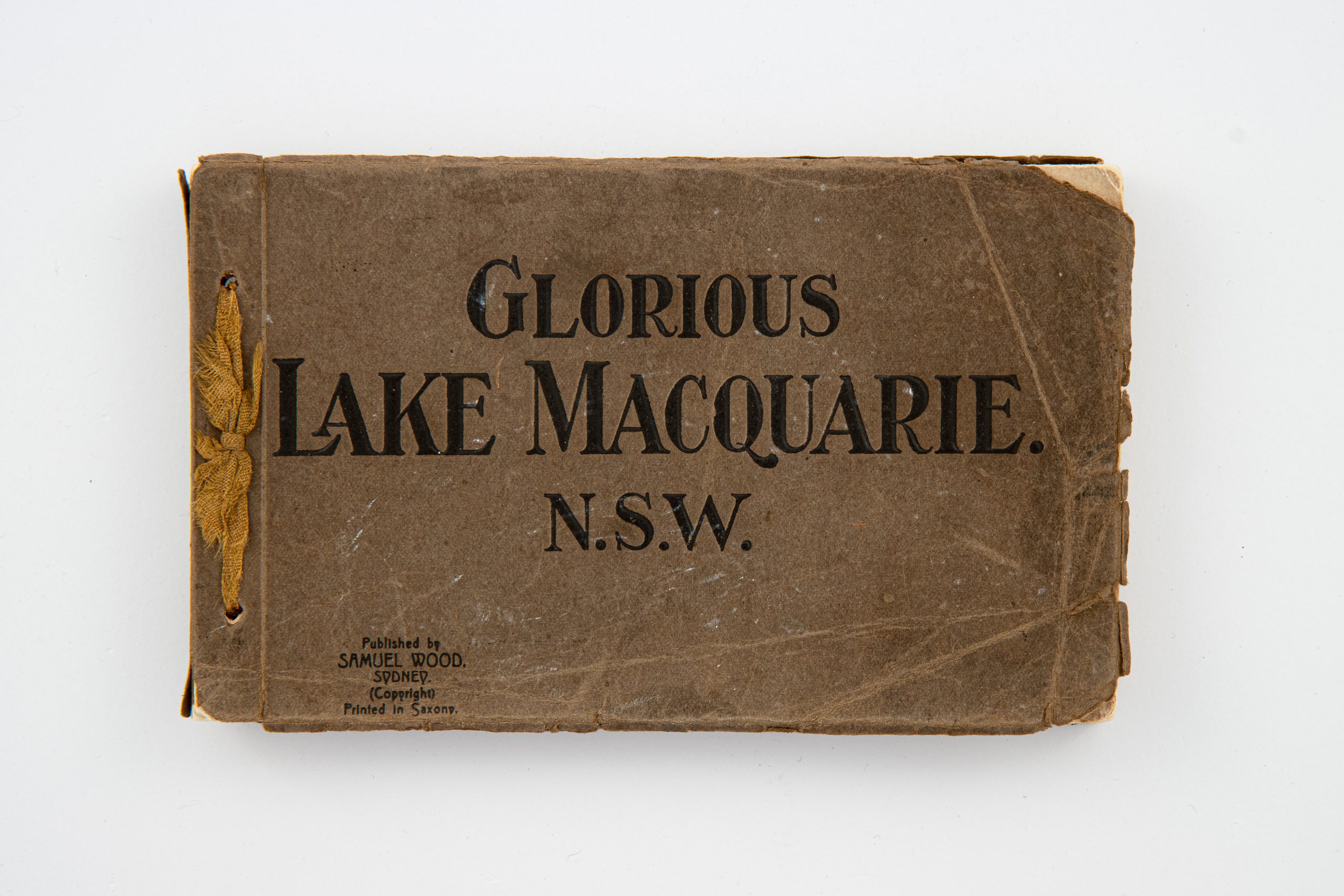Hurled to Eternity
Tragedy in the Dudley Colliery
In the early hours of a Monday morning in March 1898, the sound of a major explosion rocked Dudley, a small mining town just south of Newcastle. As plumes of black smoke spewed from the shaft of the Dudley Colliery, the mothers, wives, and children of workers ran to the site. Fifteen identity tags hung on the board near the shaft entrance – a foreboding indicator of what was to come.
Since the beginning of the Australian mining industry, underground mine workers have commenced their shift with an important ritual. Tags individually identifying each worker, like this one from Dudley Colliery, are hooked onto a large board as workers enter the mine. At the end of their shift, they must remove their tag from the board as they exit. This practice ensured everyone in the mine was accounted for.
The tags on the day of the Dudley Colliery explosion would never be collected.
The tragedy claimed the lives of all fifteen men ranging from the age of sixteen to seventy. George Hindmarsh, underground manager and married father of four, William Humphreys, father of the colliery manager, and Archibald Mowbray, a twenty-year-old miner, were just a few of the victims of the disaster.
The explosion was determined to be caused by a lamp igniting the highly pressurised, flammable gas which can accumulate in pockets of coal, also known as firedamp. The workers died from the force of the explosion and the gas inhalation that occurred once they were trapped in the collapsed mine.
The only consolation to mourning families was that on a normal day – a day where the roster had not been reduced in response to a downturn in the coal market – there would have been up to 300 tags hanging on that very same board. But the impacts would be felt well beyond the disaster.
Remaining miners were out of work for a year while the mine was closed. Many were unable to find work as their personal tools, too expensive to replace, had been destroyed. The mine reopened when it was decided that the use of safety lamps would be the only measure needed to prevent an explosion happening again.
In response, the workers decided to strike citing the lack of safety provisions and the impact of losing revenue the previous year. However, ‘forced to choose between taking his chance of being hurled to eternity at a moment’s notice, or of starving above ground,’ the workers couldn’t afford to wait. The workers returned and Dudley Colliery continued to operate until 1939.






